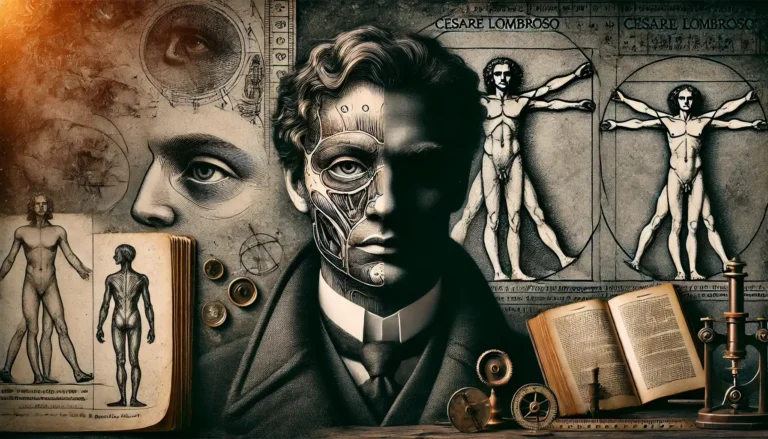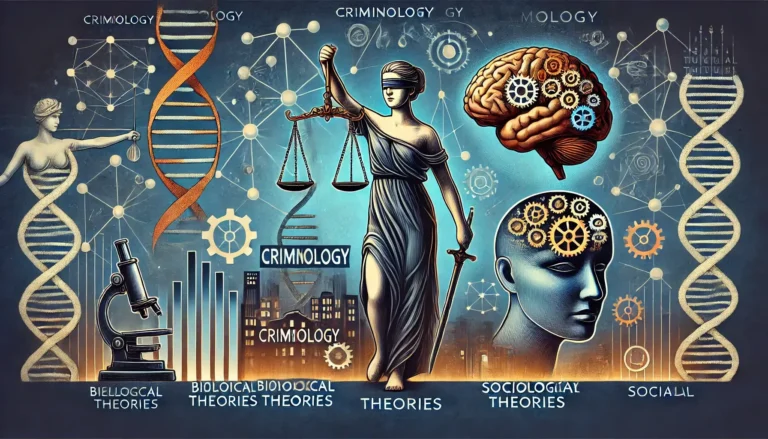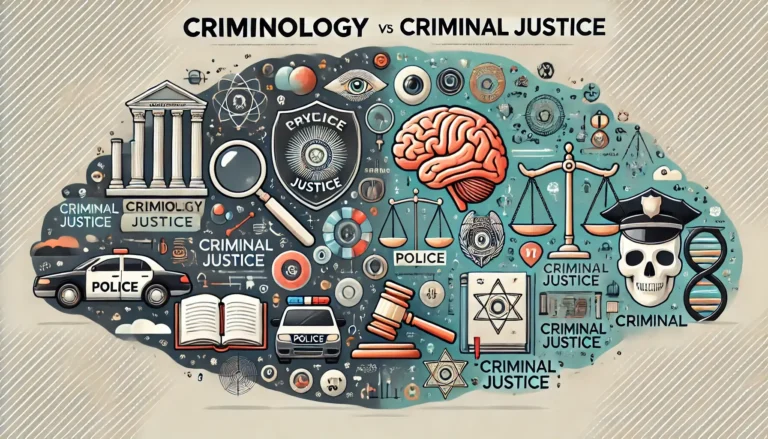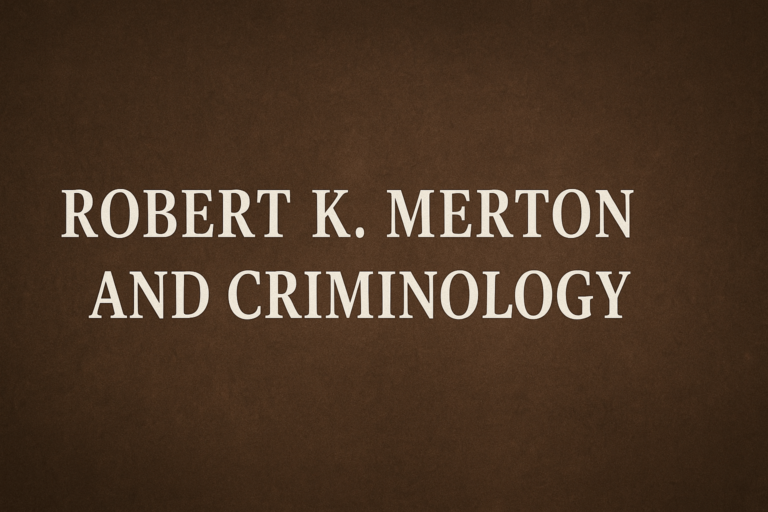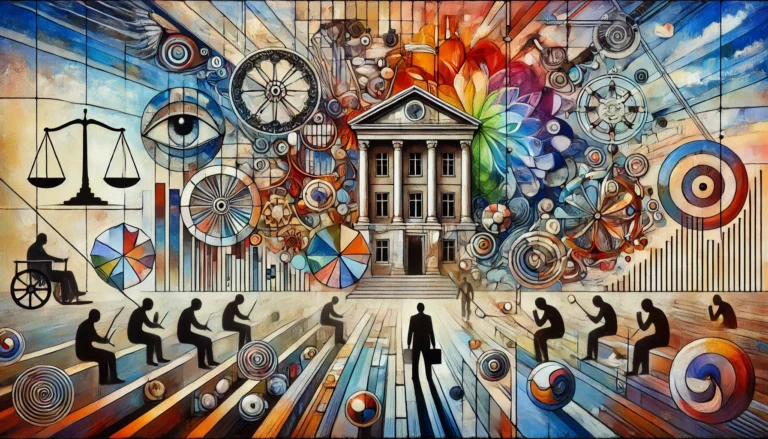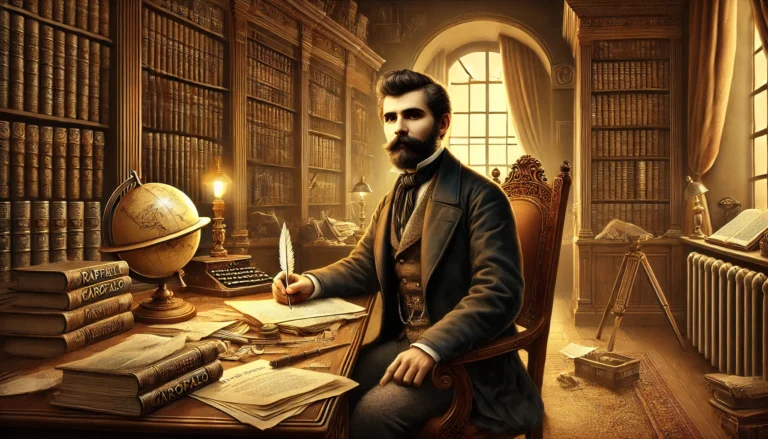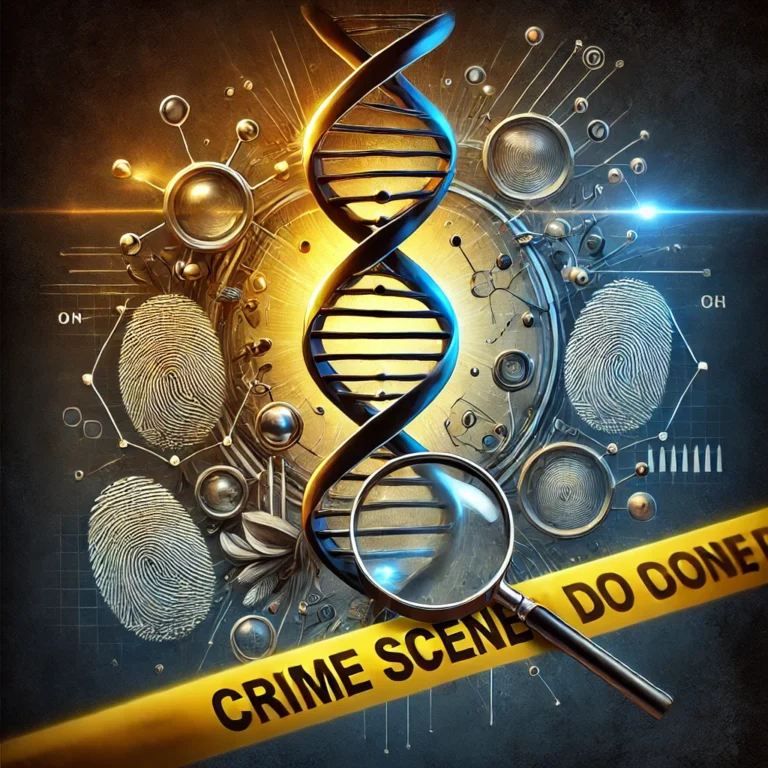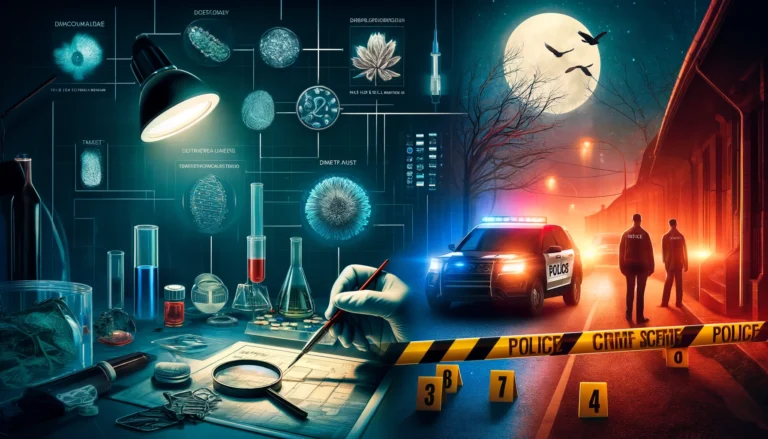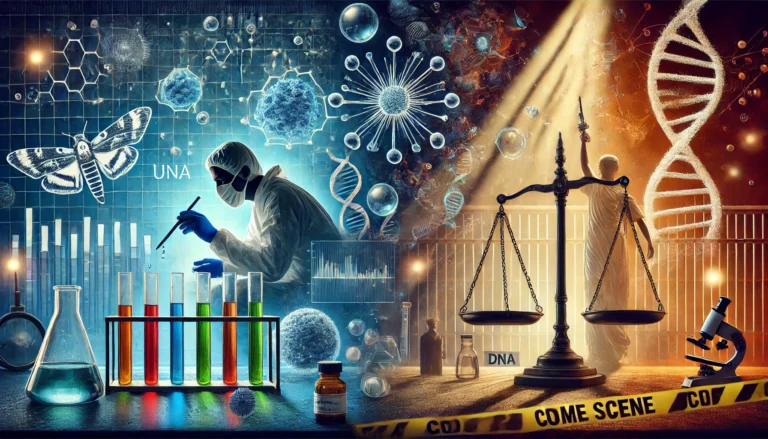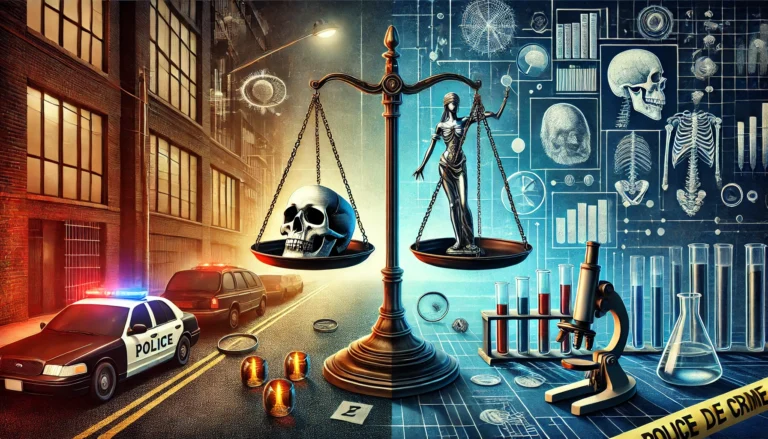The Criminal Man: A Revolutionary Study in Criminology (Cesare Lombroso)
Cesare Lombroso, often referred to as the father of modern criminology, introduced groundbreaking theories that transformed the understanding of criminal behavior. His seminal work, The Criminal Man (L’uomo Delinquente), published in 1876, marked a pivotal shift from classical criminology to a scientific approach based on biological determinism. Lombroso’s theory suggested that criminality is inherited and…

